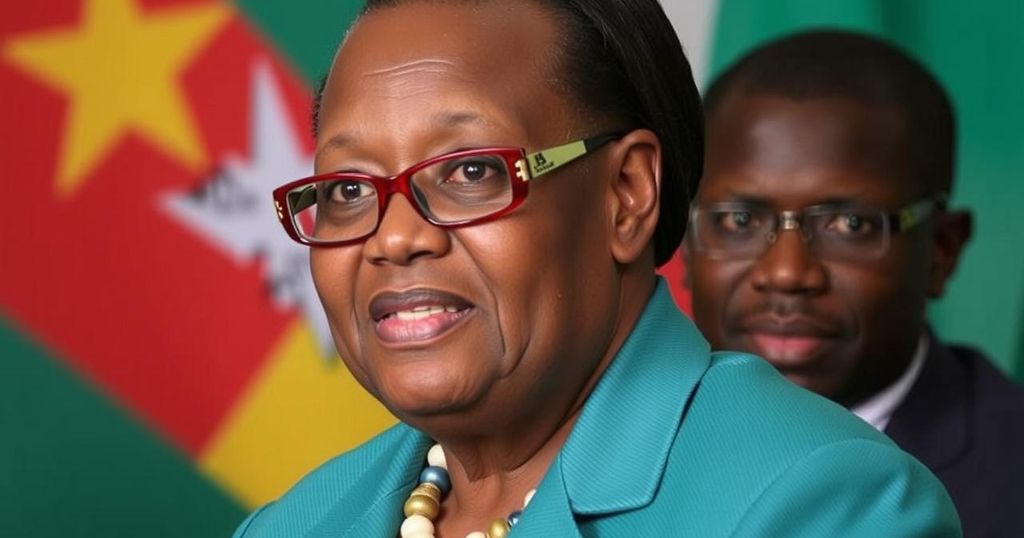World news
AFRICA, CHA, CONSTITUTIONAL COUNCIL, CORRUPTION, DANIEL CHAPO, DEMOCRACY, ELECTORAL COMMISSION, EUROPE, FRELIMO, GOVERNANCE, JUDITE SIMAO, MAPUTO, MOZAMBIQUE, NACALA - PORTO, OPPOSITION, PLATAFORMA DECIDE, POLITICS, PORTO, PORTUGAL, SOUTH AFRICA, TV SUCESSO MOZ, VENANCIO MONDLANE
Lena Nguyen
0 Comments
Mozambique’s Constitutional Council Confirms Frelimo’s Election Victory Amid Protests
Mozambique’s top court has affirmed the ruling party Frelimo’s electoral victory, prompting widespread protests from opposition groups alleging that the election was rigged. The unrest has led to numerous fatalities, disruptions to foreign businesses, and is anticipated to adversely affect the country’s economic growth. Protests erupted promptly following the court’s announcement, signaling significant public dissent against the electoral process.
On Monday, Mozambique’s Constitutional Council upheld Frelimo’s victory in an October election, a decision that has incited extensive protests from opposition factions claiming electoral fraud. The Council’s endorsement is anticipated to exacerbate unrest in Mozambique, where Frelimo has wielded power since its independence in 1975. Western monitors criticized the election as neither free nor fair, leading to what has become the largest series of protests against Frelimo in the country’s history. Clashes have resulted in at least 130 fatalities according to civil society group Plataforma Decide, with ongoing tensions evident in the capital, Maputo, and the northern city of Nacala-Porto. Following the announcement confirming Daniel Chapo as president-elect and Frelimo’s parliamentary majority, immediate protests emerged, indicating widespread dissent among opposition supporters who are unconvinced by the official tallies.
The Constitutional Council reported that Chapo received approximately 65% of the vote, a notable reduction from the electoral commission’s earlier assertion of over 70%. Despite claims of electoral manipulation dating back to Frelimo’s initial elections in 1994, the party continues to deny any wrongdoing. In addition, the recent unrest has impacted foreign investments and operations, particularly affecting companies like Australia’s South32, and has led to the temporary closure of the critical border crossing with South Africa. An IMF representative indicated that Mozambique may experience an economic growth rate below the previously anticipated 4.3% due to political instability and the aftermath of Cyclone Chido.
The current political landscape in Mozambique is deeply intertwined with the history of Frelimo, the ruling party since the country gained independence in 1975. Accusations of electoral fraud have plagued Frelimo for decades, particularly since multi-party elections were introduced in 1994. The recent October elections have intensified these claims, as opposition groups contest the legitimacy of the results. The violence accompanying the post-election protests underscores the significant discontent among Mozambicans regarding their governance model. With a population of nearly 35 million, the country faces immense challenges regarding electoral integrity and the relation between governance and public sentiment.
The confirmation of Frelimo’s electoral victory by the Constitutional Council amidst widespread allegations of rigged votes has ignited significant unrest in Mozambique. With the ruling party’s historical tendency to face accusations of electoral misconduct, the current climate suggests that the stability of the nation is at risk. The ongoing protests signal a demand for accountability and transparency, raising critical questions about the future of democratic processes in Mozambique. The repercussions of this unrest not only threaten political stability but also impact economic recovery prospects as foreign investments are disturbed.
Original Source: www.cnn.com




Post Comment